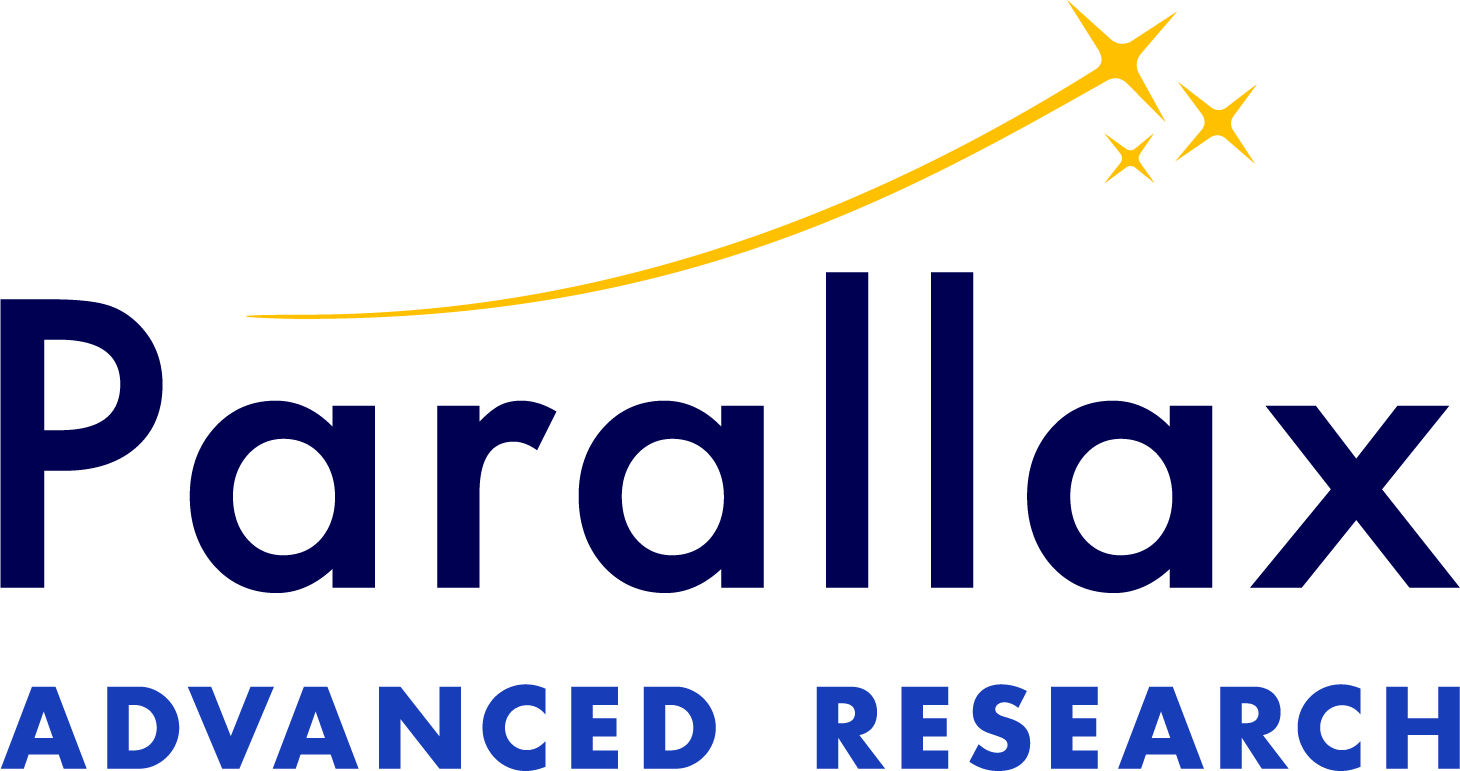Parallax Advanced Research’s Cognitive Modeler, Dr. Chris Fisher, with the Intelligent Systems Division, has been honored with a prestigious research award for his recent publication in the Journal of Mathematical Psychology. Fisher’s award-winning paper, “Fundamental Tools for Developing Likelihood Functions within ACT-R” (Fisher, C. R., Houpt, J. W., & Gunzelmann, G., 2022), presents a significant advancement in the field of cognitive modeling.

This research focuses on improving the application and empirical evaluation of the Adaptive Control of Thought-Rational (ACT-R) cognitive architecture, which is widely used to simulate human cognition and decision-making. Dr. Fisher and his colleagues demonstrated how the predictions of ACT-R can be represented with a closed-form equation called a likelihood function, allowing researchers to efficiently apply and evaluate ACT-R with modern statistical methods. Likelihood functions are essential for making accurate inferences about human learning and decision processes, and has downstream implications for applications in areas such as human training, human-machine interaction, workload monitoring, and behavioral prediction.
The development of these tools marks an important contribution to the cognitive modeling community and has broad implications for both research and practical applications. By improving the efficiency and accuracy of the inference process of cognitive models, Dr. Fisher’s research opens new possibilities for understanding complex human behaviors and designing systems that can better anticipate and respond to real-world challenges.

Caption: An illustration of the likelihood function for an ACT-R model of memory retrieval. A person attempts to remember information to complete a task, causing a correct memory (top) and incorrect memory (bottom) to race for retrieval. In this example, the correct memory is retrieved at .50 seconds (dashed vertical line). The likelihood of the response is the product of the density for the correct memory at .50 seconds (top), and the blue area under the curve for the incorrect memory (bottom).
Key findings and implications
Historically, using ACT-R in many applications has been impractical due to computationally intensive and time-consuming simulation requirements. This is because the interplay of dynamic cognitive processes (e.g., perception, memory, decision-making etc.) posited by ACT-R were simulated in a step-by-step fashion as a random process. Constructing a stable distribution of predictions to compare against human data required repeating this simulation process thousands of times, rendering time-sensitive applications impractical. Dr. Fisher and his colleagues demonstrated how ACT-R's predictions can be boiled down to an equation called a likelihood function, resulting in efficiency gains of 1-2 orders of magnitude, and more accurate inferences about human cognition. This improvement is critical in fields that rely on accurate cognitive simulations to inform decision-making, including defense, healthcare, and education. One potential use case for these methods is real-time workload monitoring in DoD work environments, where ACT-R can be fit to data from operators and used to make individualized predictions about future workload and performance under a wide range of conditions. This type of real-time application was simply not feasible with the old, computationally demanding simulation approach.
“The work we’ve done here is about giving modelers more efficient and informative inference methods when using cognitive architectures such as ACT-R to answer their research questions,” said Dr. Fisher. “By providing these new tools, we’re hoping to expand the range of problems that ACT-R can effectively address.”

About the award
This award recognizes Dr. Fisher’s outstanding contributions to the field of cognitive science and his dedication to advancing cognitive modeling methodologies. His work exemplifies the innovative research that Parallax Advanced Research fosters as it continues to drive forward cutting-edge developments in human cognition and intelligent systems.
For more information on Dr. Fisher’s research, the full paper can be accessed through the Journal of Mathematical Psychology (DOI: 10.1016/j.jmp.2022.102636).
###
About Parallax Advanced Research and the Ohio Aerospace Institute
Parallax Advanced Research is a 501(c)(3) private nonprofit research institute that tackles global challenges through strategic partnerships with government, industry, and academia. It accelerates innovation, addresses critical global issues, and develops groundbreaking ideas with its partners. With offices in Ohio and Virginia, Parallax aims to deliver new solutions and speed them to market. In 2023, Parallax and the Ohio Aerospace Institute formed a collaborative affiliation to drive innovation and technological advancements in Ohio and for the nation. The Ohio Aerospace Institute plays a pivotal role in advancing the aerospace industry in Ohio and the nation by fostering collaborations between universities, aerospace industries, and government organizations, and managing aerospace research, education, and workforce development projects.
